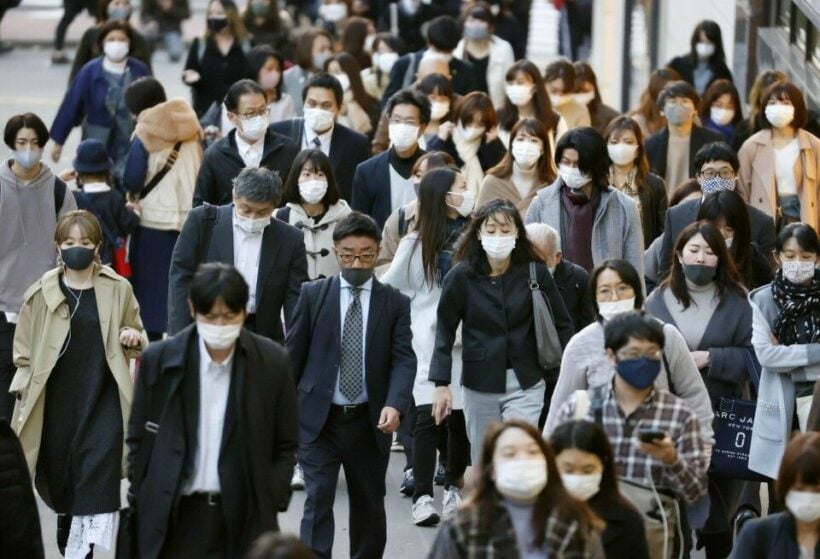Japan’s births hit a new low last year

Japan’s population crisis has deepened as the number of births recorded in the country hit a new low last year, despite efforts by the government to reverse the decades-long decline.
Statistics released by the Ministry of Health yesterday show that the country saw 799,728 births in 2022. This was the lowest number on record, and the first time it has dipped below 800,000.
The figure has nearly halved over the past four decades, with more than 1.5 million births recorded in 1982, CNN reported.
At the same time, Japan reported a record high for post-war deaths last year, at over 1.58 million. For over a decade, deaths have outpaced births in Japan, posing a growing problem for leaders of the world’s third-largest economy. The country faces a fast-growing elderly population along with a shrinking workforce to fund pensions and healthcare as demand from the ageing population surges.
Despite extensive efforts by the authorities to address the issue, Japan’s population has been in steady decline since the economic boom of the 1980s and stood at 125.5 million in 2021, according to government figures. The fertility rate of 1.3 is far below the rate of 2.1 required to maintain a stable population in the absence of immigration.
The problem has prompted a warning from Prime Minister Fumio Kishida, who said in January that Japan is “on the brink of not being able to maintain social functions.” A new government agency will be established in April to focus on the issue, with Kishida stating that he wants the government to double its spending on child-related programs.
However, various social factors contribute to the low birth rate, and money alone may not solve the problem. The high cost of living in Japan, limited space, and lack of childcare support in cities make it difficult to raise children, leading to fewer couples having kids. Urban couples are often far from extended families in other regions who could provide support.
In 2022, Japan was ranked one of the world’s most expensive places to raise a child, and yet its economy has stalled since the early 1990s, resulting in low wages and little upward mobility. This has caused attitudes around marriage and raising families to change, with more couples putting off both during the pandemic, and young people feeling increasingly pessimistic about the future.
These trends are familiar in East Asia, where South Korea’s fertility rate – already the world’s lowest – dropped yet again last year.
Latest Thailand News
Follow The Thaiger on Google News:


























